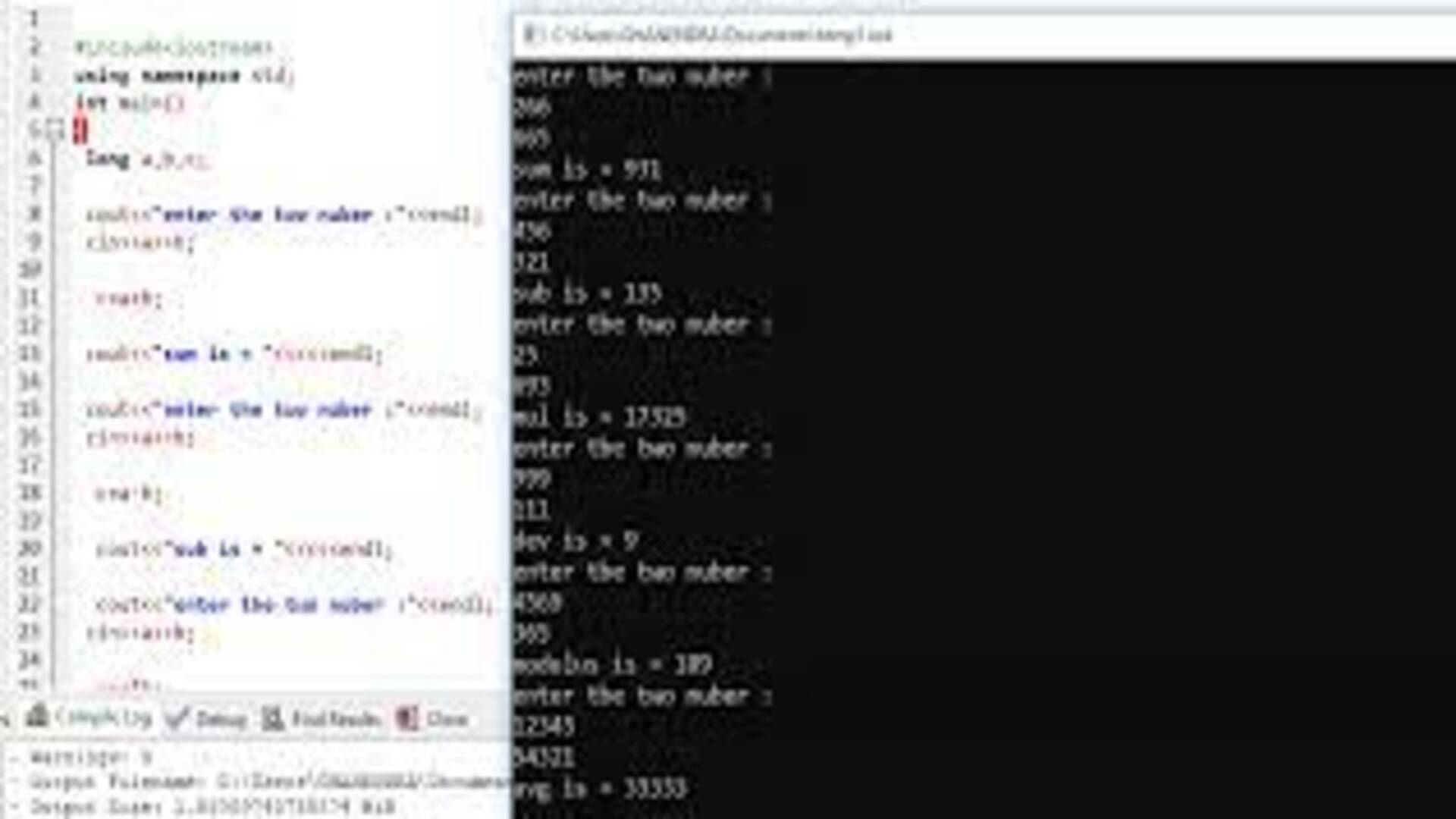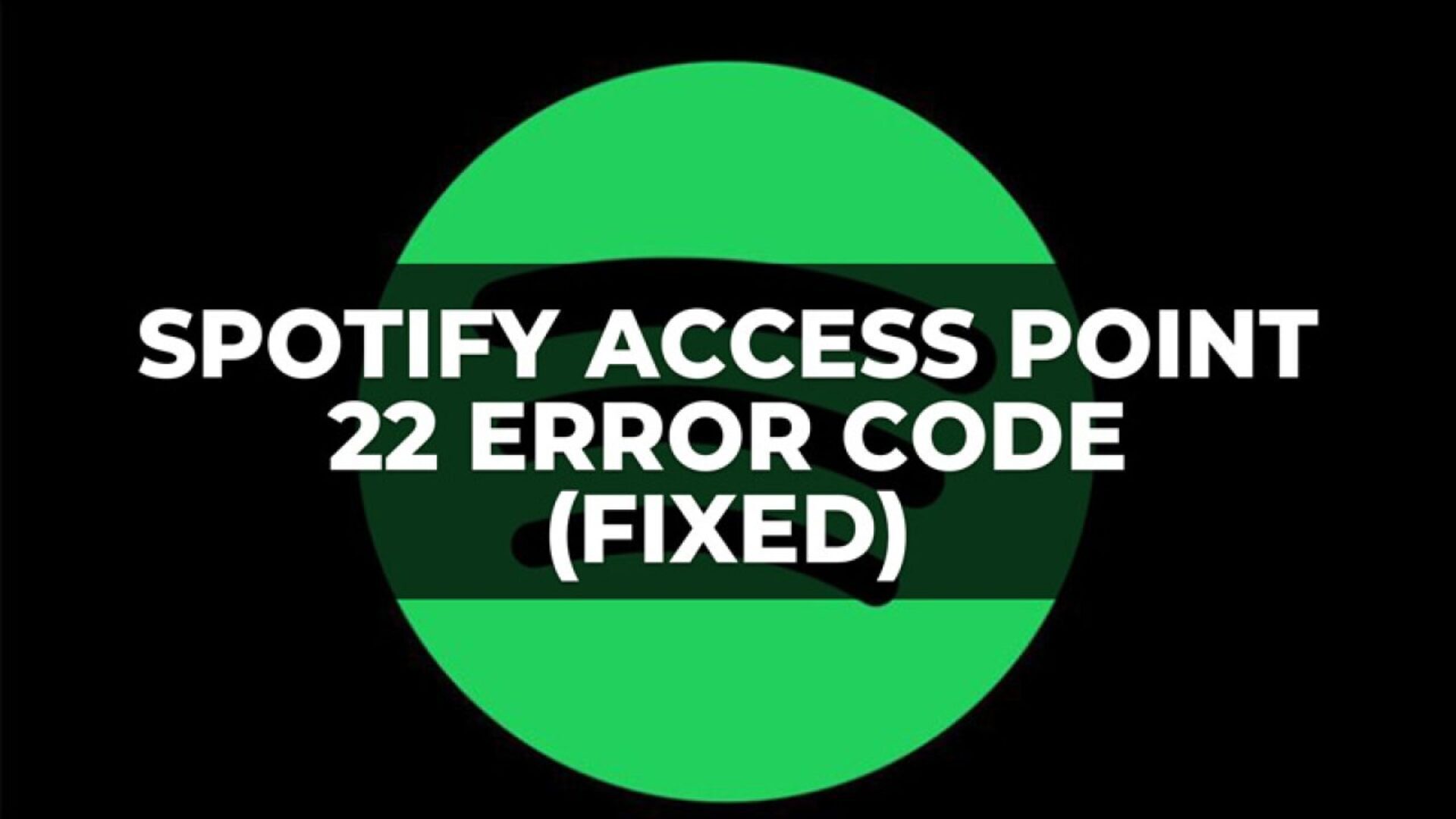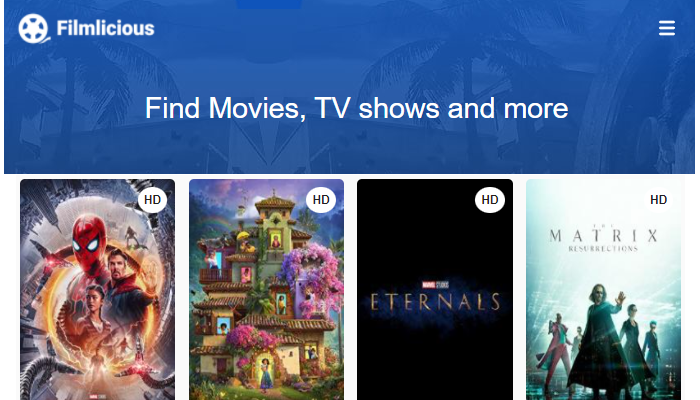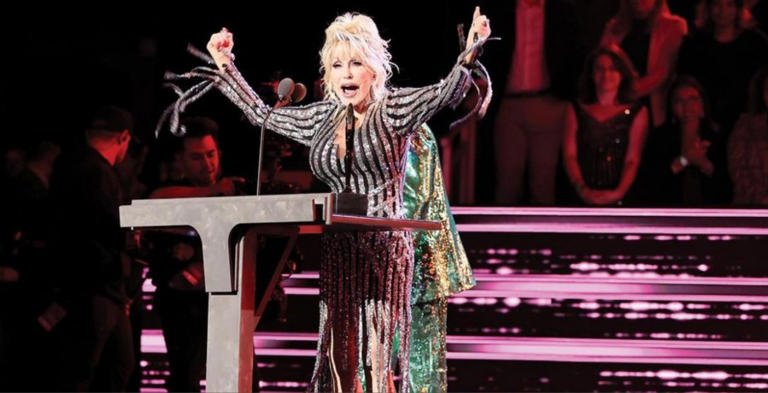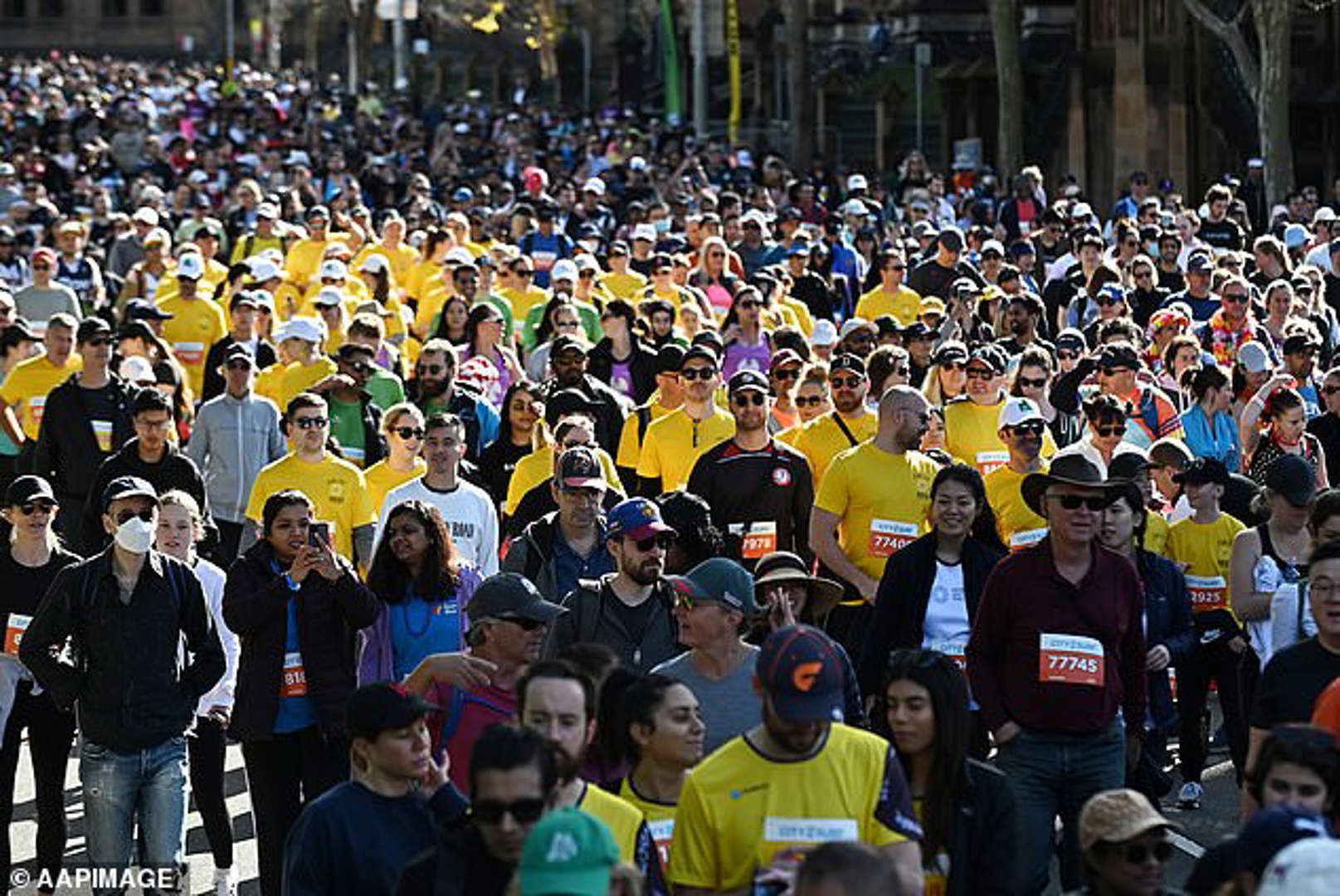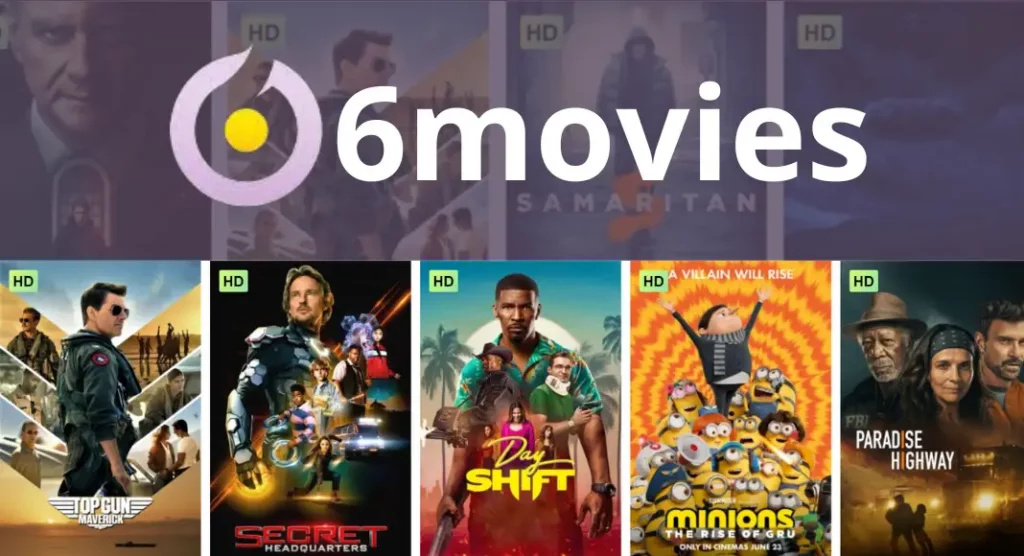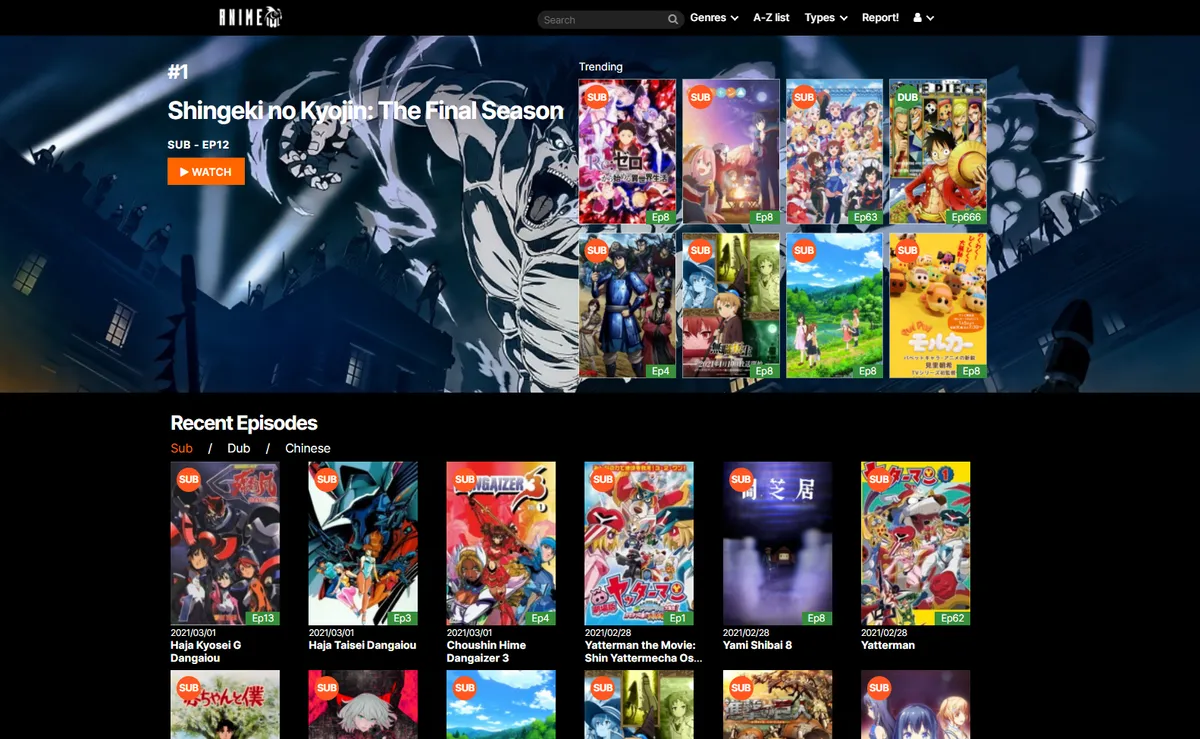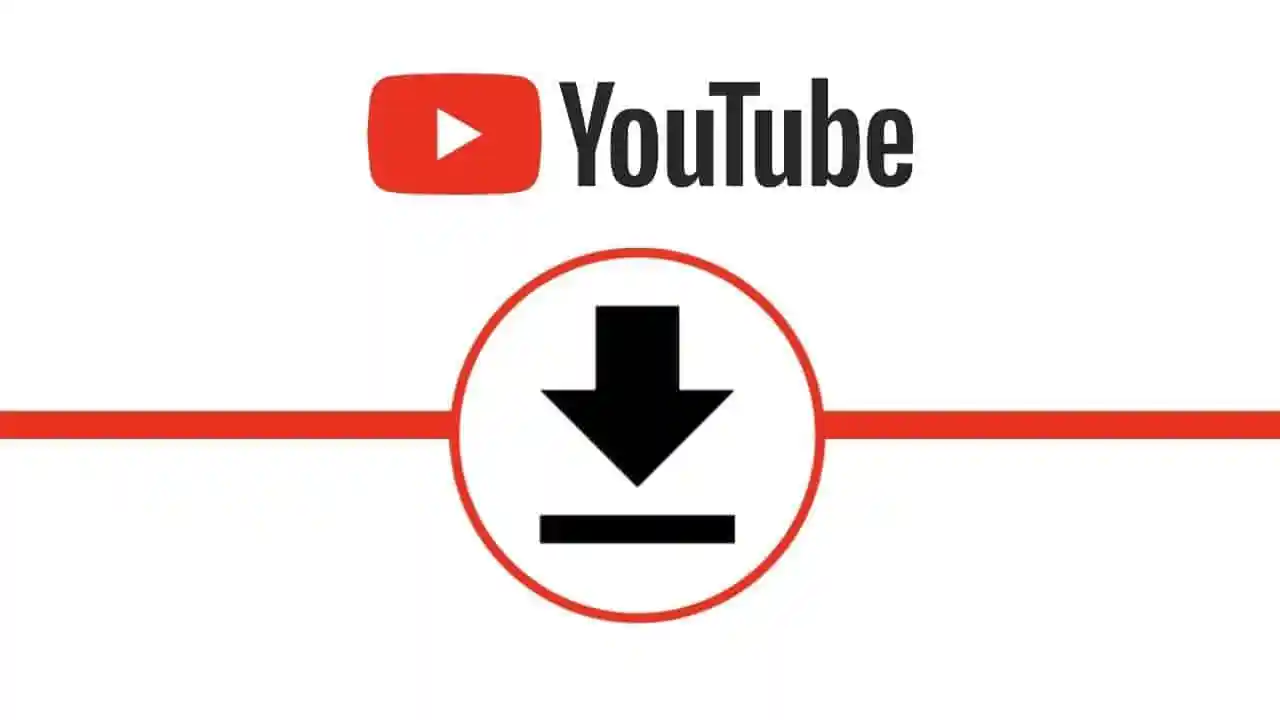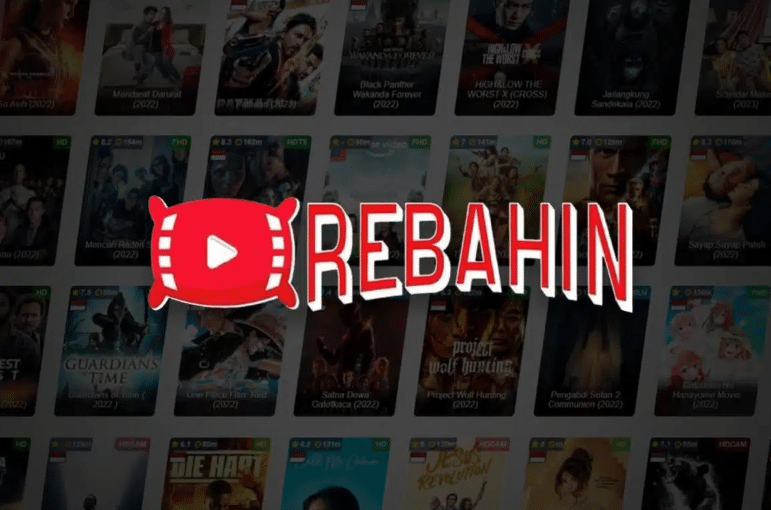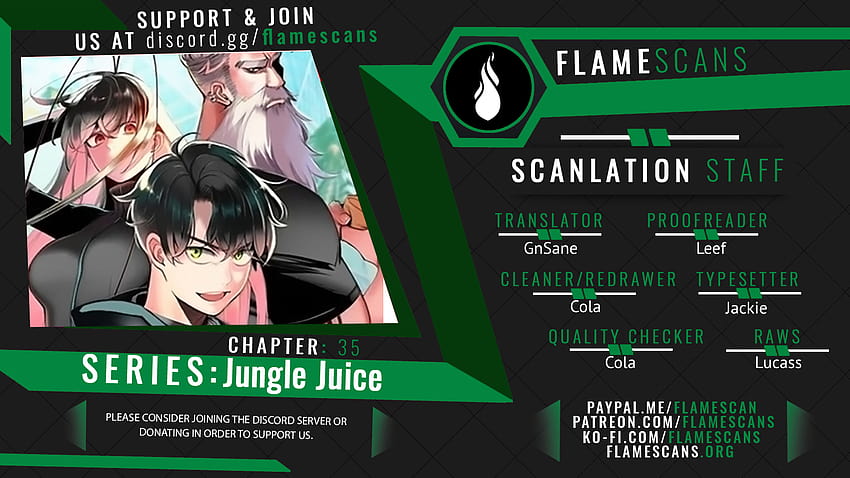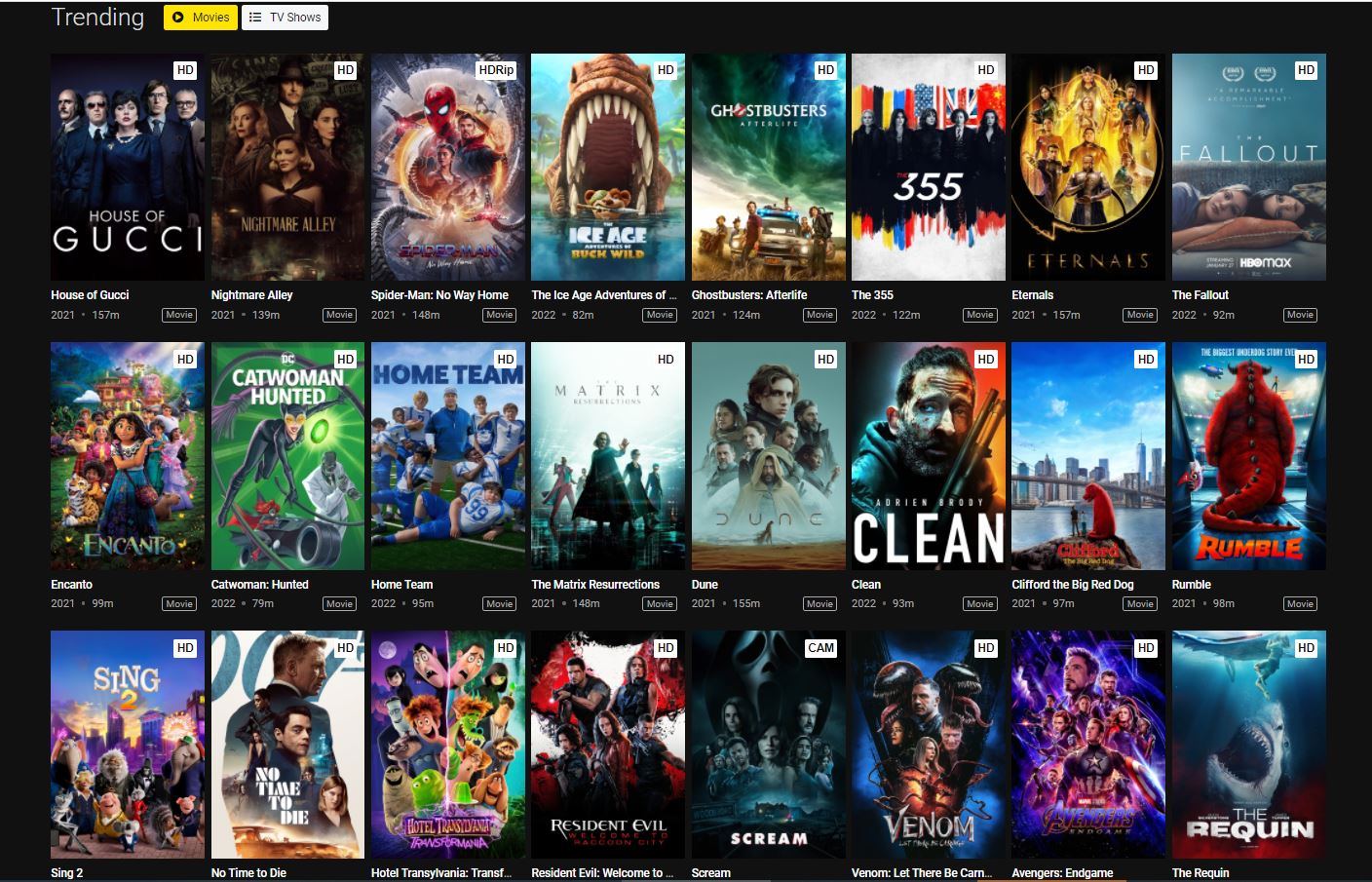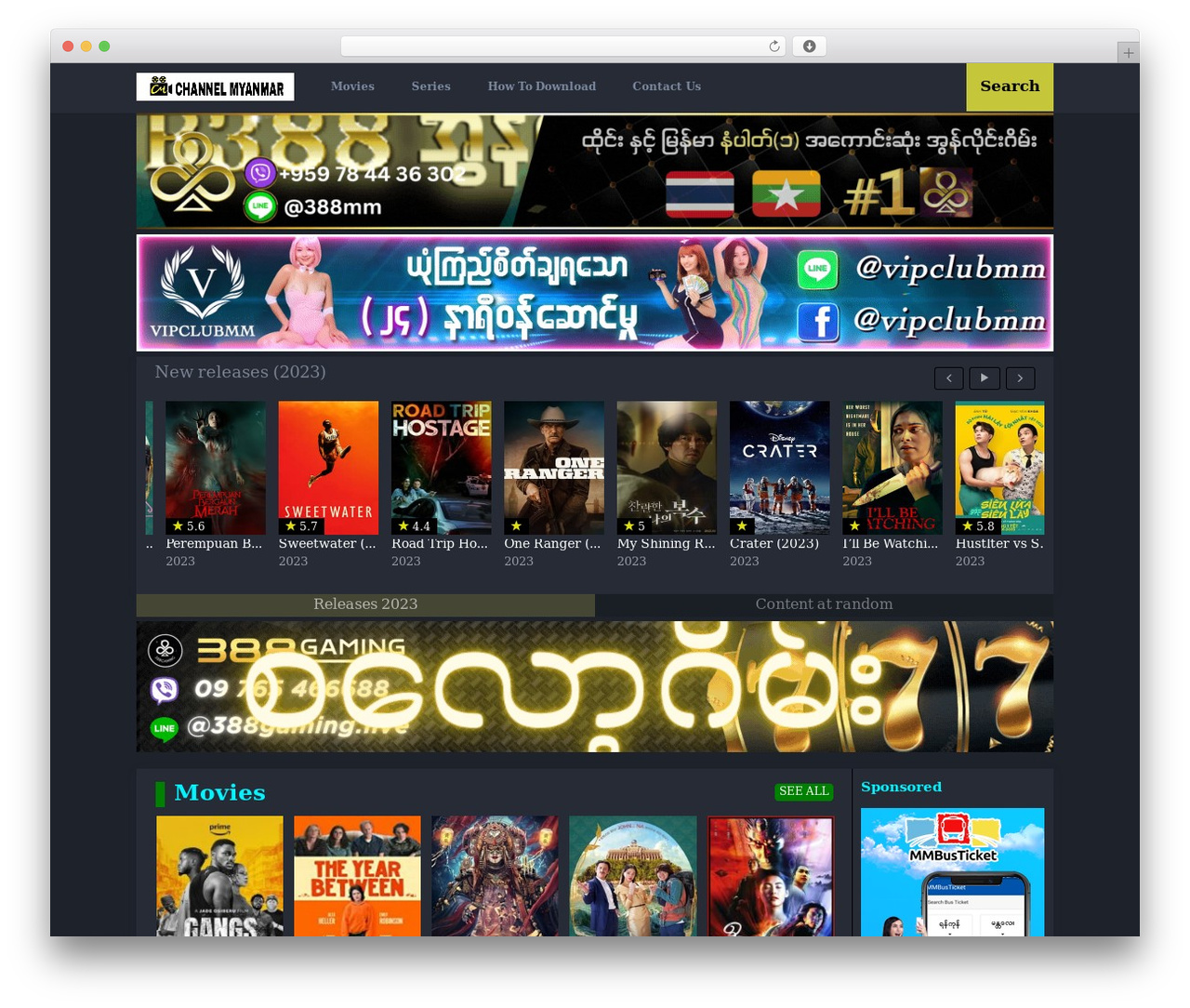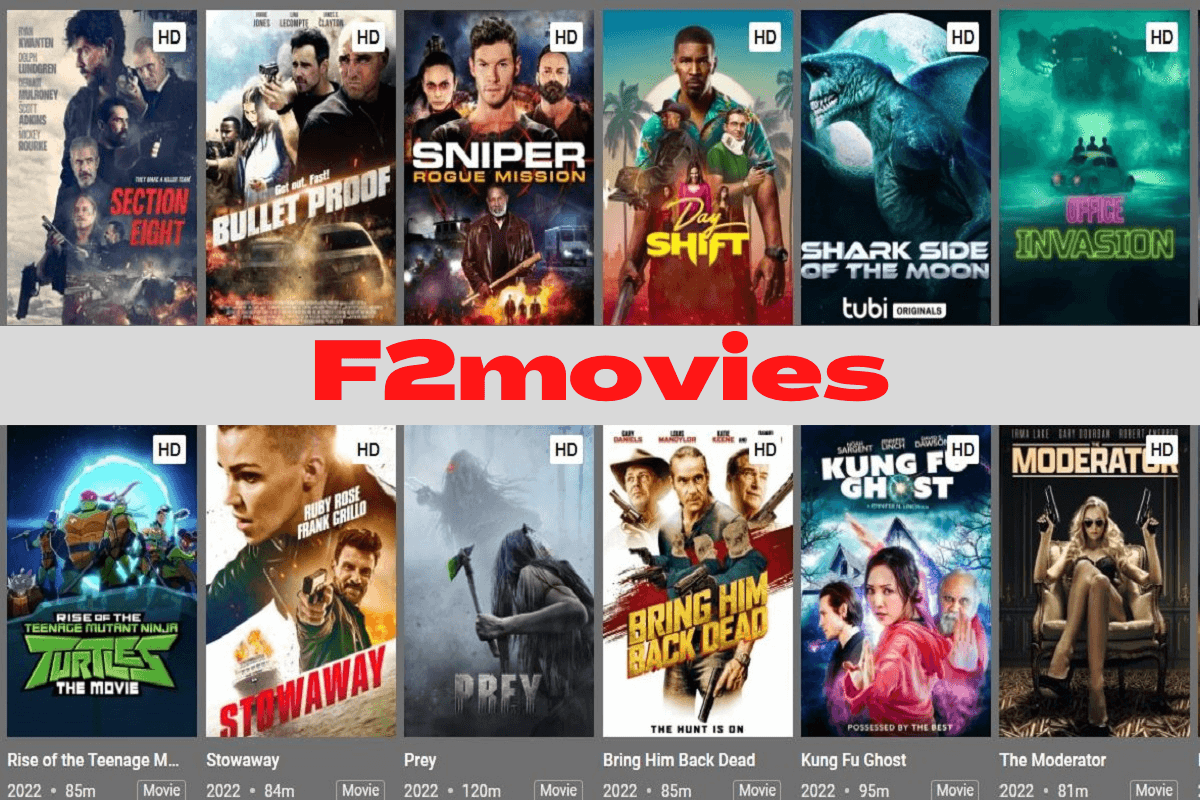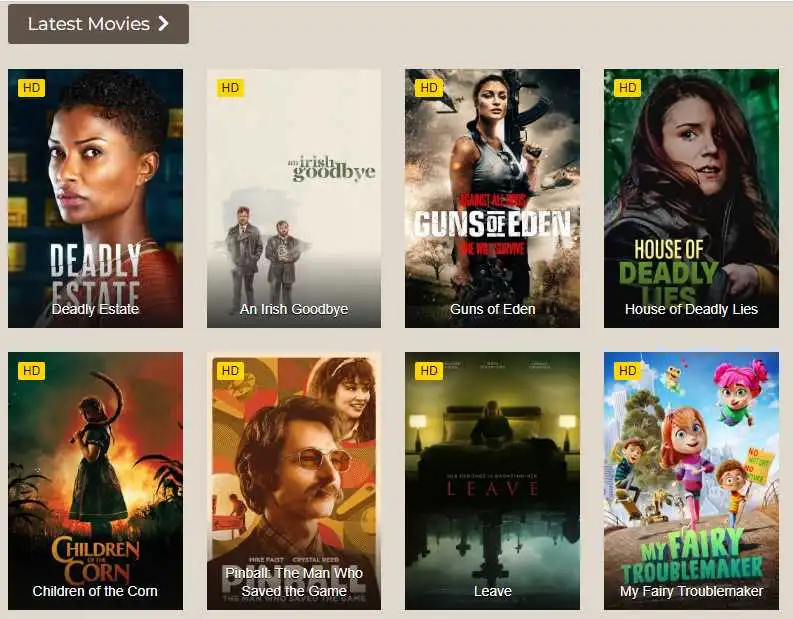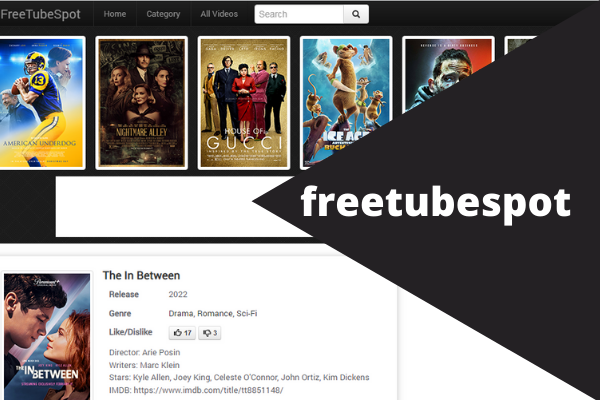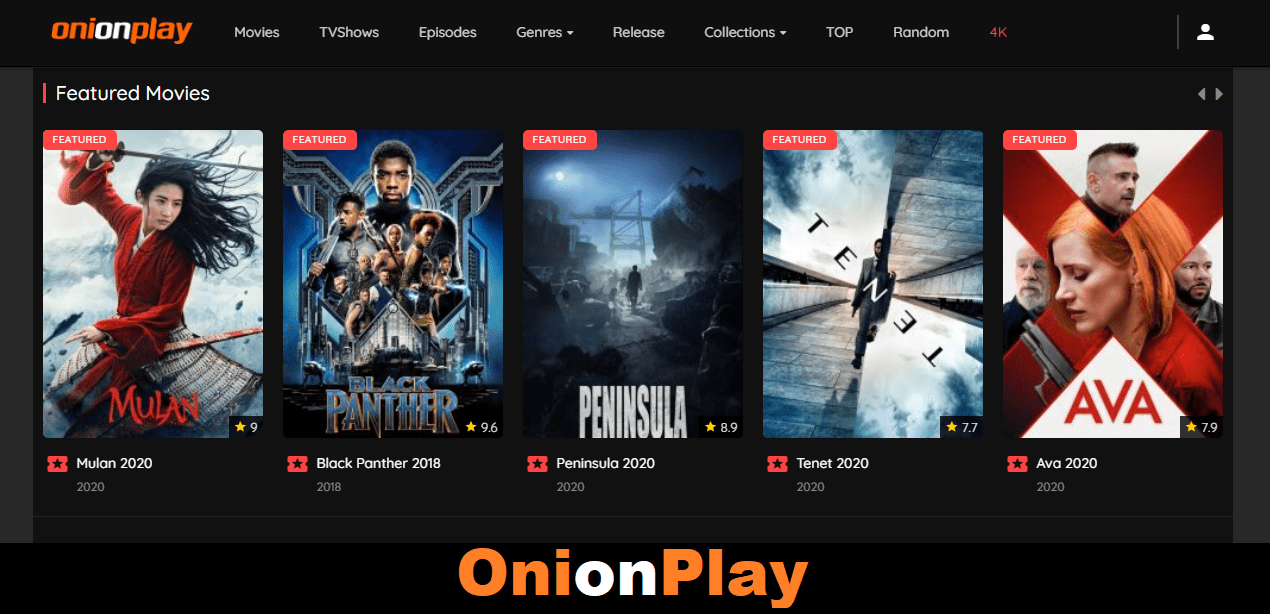
Back in 2017, the rise of Jacinda Ardern and New Zealand’s Labour party witnessed an influx of young supporters, giving birth to the term “youthquake.” Fast forward to recent times, and the political compass of the youth appears to be recalibrating.
The latest Guardian Essential poll data uncovers a surprising decline in youth enthusiasm for the centre-left politics. Now, only one in five individuals between the ages of 18-34 voice support for Labour. On the flip side, the centre-right National party is gaining momentum, capturing the interest of nearly 40% of this age group. When combining forces with allies, the Labour-Greens coalition accounts for 34% of millennial support, trailing the National-Act coalition, which is nearing the halfway mark at 50%.
This stark contrast is even more pronounced when we hark back to 2017. Then, an overwhelming 65% of 18-24-year-olds threw their weight behind Labour, with a meager 14% leaning towards National. However, Essential’s Peter Stahel advises treading with caution when interpreting these stats. He emphasizes that the political leanings of younger voters can be particularly unpredictable. “Their decisions and answers frequently oscillate,” he observes.
Interestingly, the drift towards right-leaning politics is particularly noticeable among young women. This drift corroborates another study from Roy Morgan earlier in the year. Despite this shift being prominent in New Zealand, young individuals in regions like the US and Europe seem to remain firmly on the progressive side of the spectrum.
Chlöe Swarbrick, the youngest member in the parliament, theorizes that the apparent dwindling centre-left appeal could be attributed to the Labour party’s unfulfilled promises during the Ardern tenure. Key challenges, such as housing, climate action, and addressing child poverty, have not seen as much progress as was anticipated. Political analyst Lamia Imam suggests that Labour’s recent pivot towards centrist ideologies might be a contributing factor to the shrinking youth base.
With Chris Hipkins at the helm of the Labour party, there’s been a marked shift in policy prioritization. The new leader trimmed several reforms, including those concerning hate speech, the age of voting, and specific climate initiatives. Amid this reshuffling, Imam poses a critical question: “Are young voters genuinely resonating with the National party, or are they signaling their frustration with Labour?”
In a revealing statistic, Stahel mentions that a majority of young individuals express a lack of enthusiasm for available political choices. This sentiment, according to Swarbrick, might be a manifestation of the larger mood of frustration and exhaustion, exacerbated by the post-Covid era and its economic implications.
In essence, while 2017 saw the Labour party riding high on youthful vigor, the tides seem to be shifting, with New Zealand’s younger populace showcasing evolving political preferences and a broader sense of disengagement.























